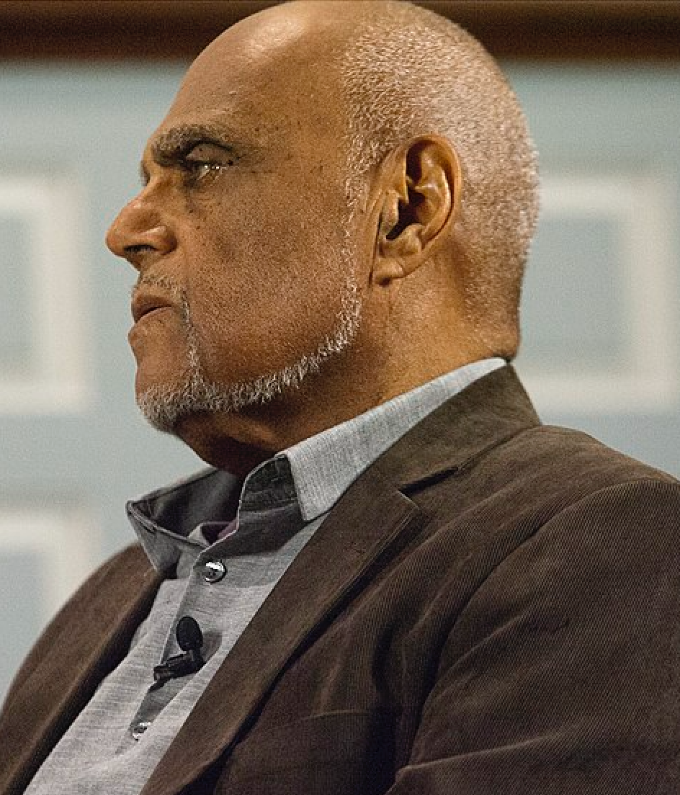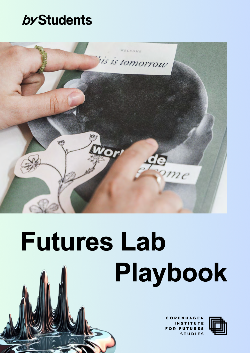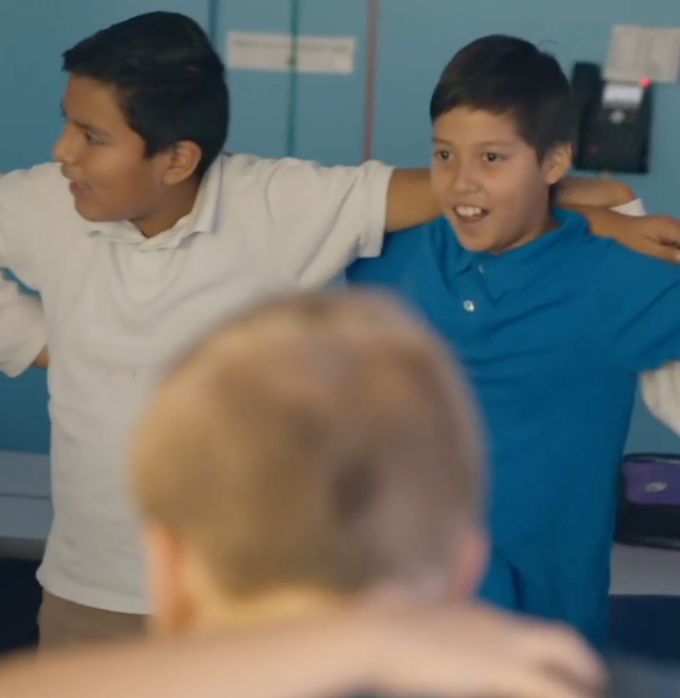May 30, 2025
Teaching
'In the 21st century every child has a civil right to secure math literacy.'

Civil rights activist Bob Moses recognized that “math literacy, like reading and writing, is necessary for full citizenship.” Image via Creative Commons
Civil rights activist Bob Moses recognized that “math literacy, like reading and writing, is necessary for full citizenship.” Image via Creative Commons
When Bob Moses’s daughter, Maisha, was ready for algebra in eighth grade, her school didn’t offer it. He asked her teacher if he could teach her himself. She agreed—on the condition that he include three other interested students. And so began the Algebra Project, an organization dedicated to addressing the systemic inequalities that deny underserved and minority students access to quality math education. Forty-three years later, the project remains a driving force in promoting math literacy and educational equity across the United States.
Liza Bondurant, who teaches secondary math education at Mississippi State University, specializes in improving math experiences for students from traditionally marginalized backgrounds. Her research focuses on equitable math education, rehumanizing mathematics, and teacher development.
In this article, Bondurant highlights the civil rights dimensions of math literacy, drawing inspiration from Moses’s legacy. She advocates for expanding access to algebra as a way to close persistent opportunity gaps in U.S. education. Citing current policies and practices—such as the Dallas Independent School District’s opt-out honors math program, which has tripled Algebra 1 enrollment among eighth graders while maintaining high pass rates—she shows what’s possible when equity is prioritized.
Her goal is to inform educators, policymakers, and the public about effective strategies to ensure that every child has the opportunity to become math literate—a right she, like Moses, sees as essential for full economic and social participation.
ARTICLE: Why Expanding Access to Algebra Is a Matter of Civil Rights




